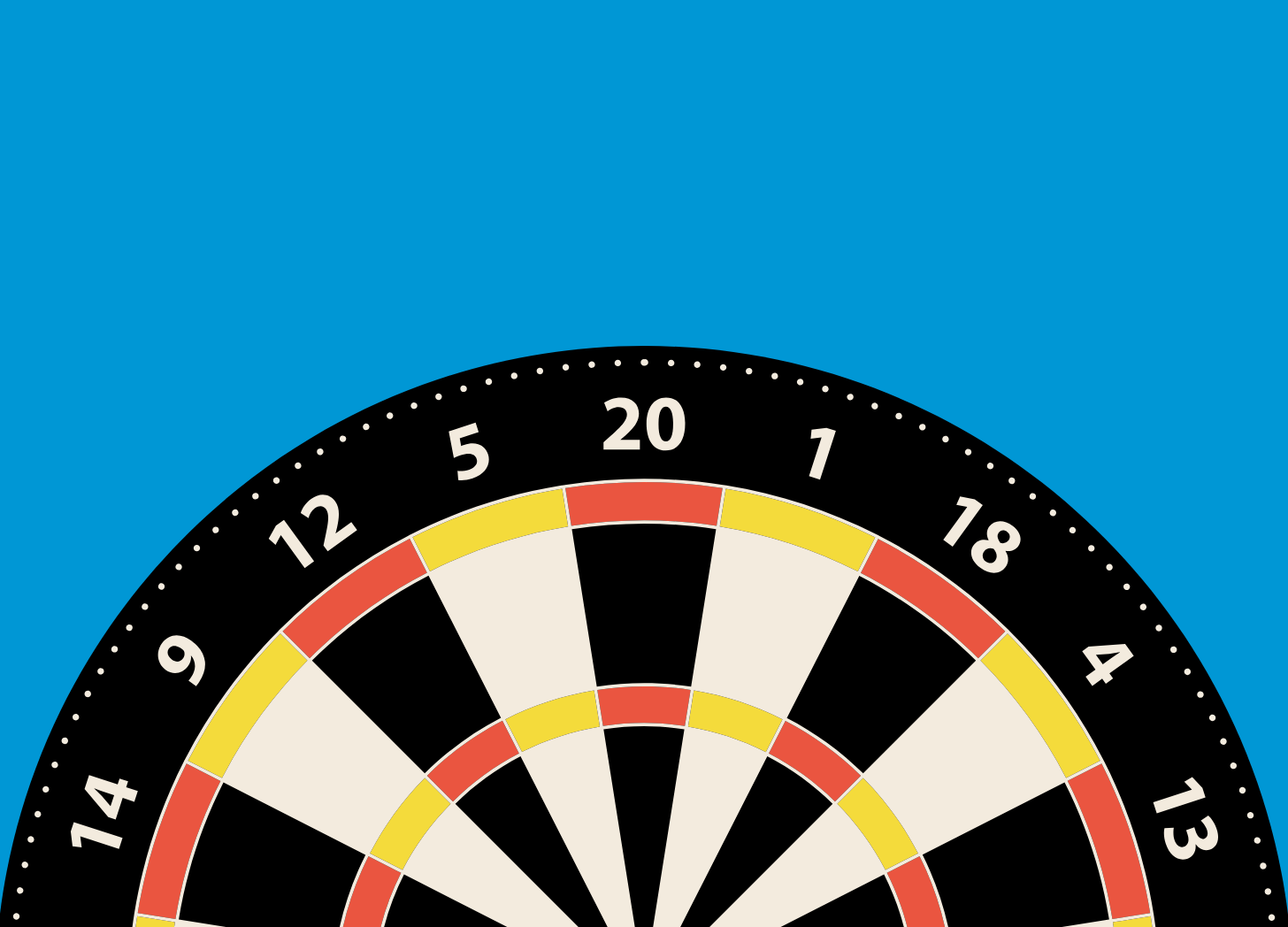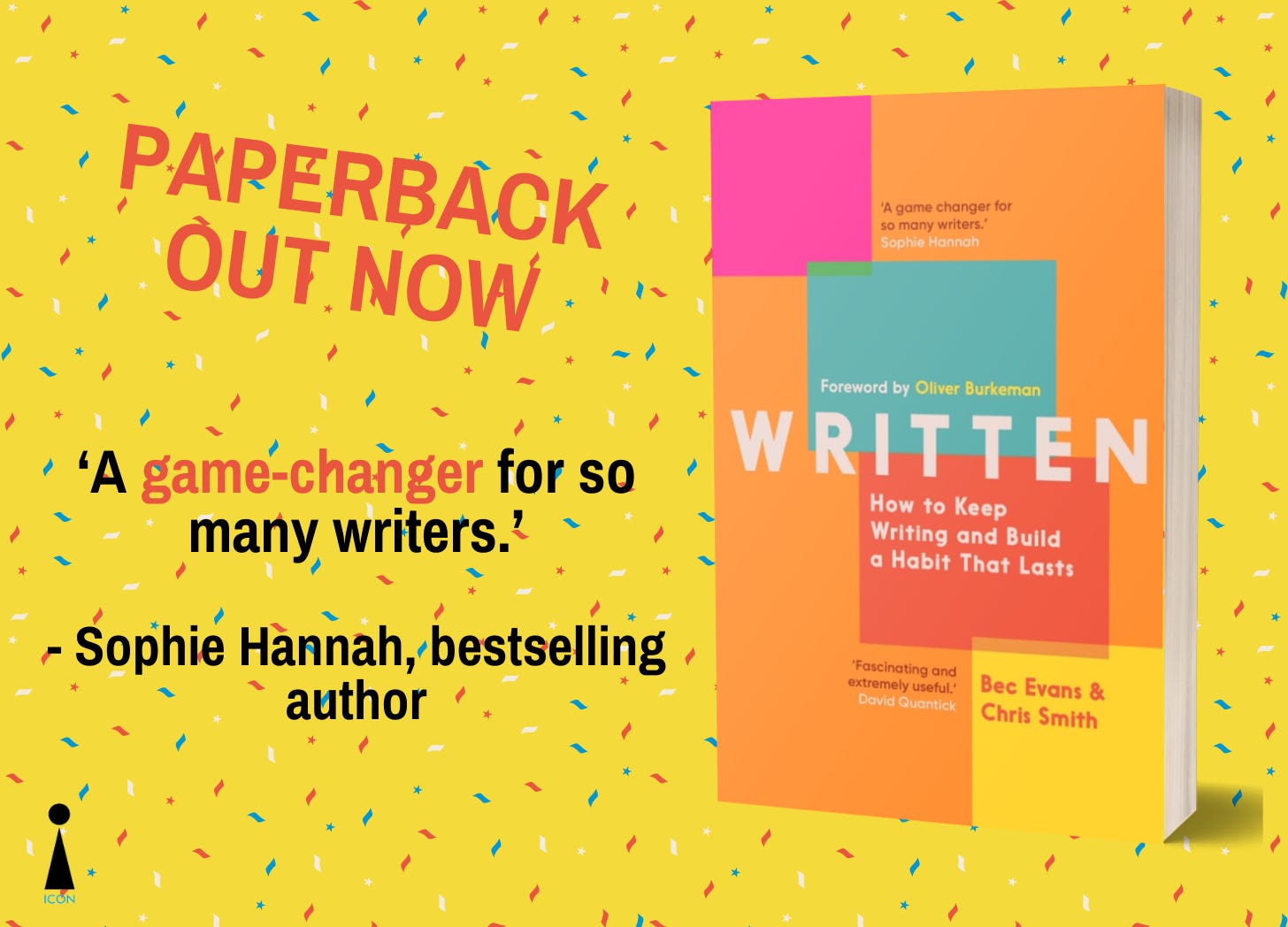Target practice: what Luke Littler's darts success teaches us about writing
How a 16-year old darts prodigy became an expert, how to practice deliberately and why this is good news whatever age you are.
Hello hello
Britain has just emerged from the grip of darts frenzy. Over Christmas and the New Year the nation was glued to their TVs1 watching the progress of 16-year old Luke Littler debut and smash his way to the final of the PDC World Darts Championship, only losing at that very last game.
He came from nowhere - ranked 164th in the world he’s the very definition of an overnight success story.
For our friends around world, darts is a British tradition dating back to the middle ages with Tudor Monarch, King Henry VIII supposedly being a keen player. Usually played in a pub, it’s an indoor target game involving throwing feathered darts at a circular board with numbered spaces. There is some debate whether it is a sport - regardless, it requires high levels of skill and exceptional hand-eye coordination which can only be gained through many years of practice.
So how did this unknown 16-year old manage this amazing feat?
Deliberate practice
This month we’re exploring ‘Deliberate Practice’ commonly known as the 10,000 hour rule. This rule, popularised by Malcolm Gladwell in Outliers, first emerged in an 1973 paper2 looking at chess. Since then it has been reproduced in multiple studies and domains from music to mathematics and pretty much every sport.
The researcher most closely associated with deliberate practice was Professor K. Anders Ericsson. His work on the psychological nature of expertise concluded that becoming an expert requires several thousand hours of practice. When looking at violinists,3 he found that there were no prodigies. Unfortunately, there were also no shortcuts. Those who had spent significantly more hours practising their craft were, on average, more accomplished than those who had spent less time.4
How Luke Littler became an expert
Littler said the secret to his success5 was practising during the Covid-19 lockdowns:
“I just tended to practise on my own for hours and hours a day, so I came out of lockdown and started winning youth titles and a few men’s titles. … I’m glad to get where I am now and all the practice paid off.” - Luke Littler
There are obviously benefits to learning a skill earlier in life and Littler had the serendipitous timing of being young when lockdown hit - if he was just a couple of years older he’d have been studying for exams, a few more and he would have been working or had caring responsibilities.
However, when it comes to expertise, how you practice matters more than the number of hours.
Swap fun for struggle
According to Ericsson, you need to “get outside your comfort zone but do it in a focussed way, with clear goals, a plan for reaching those goals, and a way to monitor your progress. Oh and figure out a way to maintain your motivation.”
That’s not all, to hit the top level of practice, he says we must swap fun for struggle, sacrifice, and painful self-assessment. He tells us that to become an expert, to focus “on tasks beyond your current level of competence and comfort. You will need a well-informed coach not only to guide you through deliberate practice but also to help you learn how to coach yourself.”
Over the coming weeks we’ll explore these elements further, but for now, back to darts.
How little Luke Littler practises now
One piece about the darts star (and there have been many6) noted how he practises for less than an hour a day, otherwise he “gets bored”.
It works for him and he has no plans to change. Littler said, “Just keep it all the same, whatever is working, it’s working. Don’t change if it’s not broke.”
Start today
Monday’s writing tip shared the so-called Chinese proverb: “the best time to plant a tree was 20 years ago, the second best time is today.”
If, like me, you might regret not starting your writing when you were barely a teen, don’t worry. The overall message of deliberate practice is that age is no barrier. We’ll close with a pep talk from Ericsson:
“And this, more than anything else, is the lesson that people should take away from all these stories and all this research: There is no reason not to follow your dream. Deliberate practice can open the door to a world of possibilities that you may have been convinced were out of reach. Open that door.” Anders K Ericsson
Start now, keep going, Bec
PS For more literary darts connections check out the final footnote7
This week in writing
Bec was interviewed by broadcaster Andrew Keen for his podcast 'Keen On'. In a wide ranging discussion they covered New Year resolutions, why starting is hard - but keeping going is even more tricky, writers' routines, finding time and why the advice to write daily isn't always helpful. Available on all podcast platforms, including Apple: Turning writing into a habit that lasts: Bec Evans on how to start and finish books and why binge writing isn't a bad habit
Online workshops
✨Wednesday 10 January. We are running a FREE, online workshop for the good folk at Reedsy at 8pm GMT. Grab your ticket: Writing Productivity in 2024: From Resolution to Habit.
✨Thursday 11 January. Our friends at the London Writers Salon have invited us to help their community Kickstart 2024 with a Healthy Writing Habit - buy a ticket to watch live at 6pm GMT.
✨Friday 12 January. We kick off our New Year Writing RESET. Places are now closed but you can find out more and join the waitlist for our next one in June.
Available to order from Amazon and all good bookshops.
I am not exaggerating. The final was watched by 4.8 million making it Sky's biggest non-football audience for a single event in its history and the largest-ever viewership for a darts match.
W. G., & Simon, H. A. (1973). Perception in chess. Cognitive Psychology, 4(1), 55–81. https://doi.org/10.1016/0010-0285(73)90004-2
Ericsson, K. A., Krampe, R. T., & Tesch-Römer, C. (1993). The role of deliberate practice in the acquisition of expert performance. Psychological Review, 100(3), 363–406. https://doi.org/10.1037/0033-295X.100.3.363
In December I mentioned an overlooked part of Ericsson’s study - the link between the number of practice hours and the number of hours spent sleeping. The ‘best’ students Ericsson studied ‘averaged around five hours more of sleep than the good students, mostly by taking more time for afternoon naps’. Read: Let the restivities commence
It was a joy to take a deep dive into the many articles about Luke Littler. My favourite fact is that he’d only won a total of £2,500 in prize money at tournaments before placing as runner-up in the World Darts Championship and bagging £200,000, which he plans to spend like any teenager by taking his friends to the amusements at Blackpool or Alton Towers.
We’re not the first to write about the connection between darts and writing. Good friend Cathy Rentzenbrink wrote a wonderful piece about coming of age in a pub, standing at the ‘oche’ She says you can learn a lot from boozers and bullseyes.
Rentzenbrink also references how Syliva Plath once played darts when travelling with Ted Hughes. Local legend has it that the pub was Hebden Bridge favourite The Stubbings Wharf - Hughes’ grandparents ran a sweetshop nearby. In fact it was that very pub, after a Twixtmas walk with my brother and his family along the canal, that I watched Luke Littler in the World Championships.








